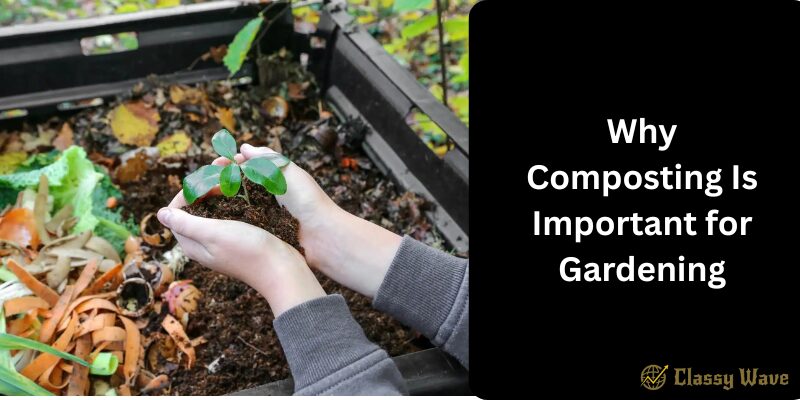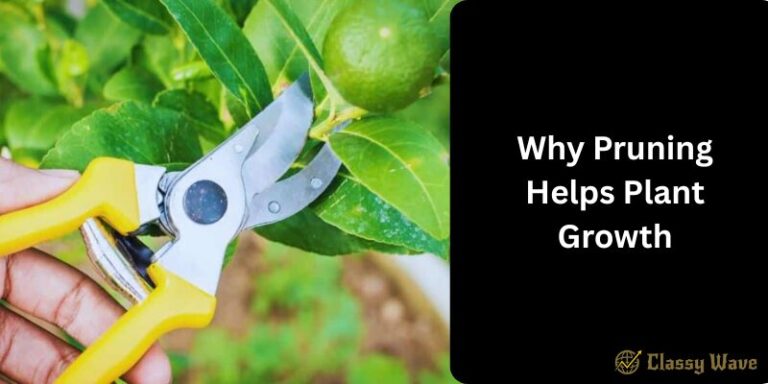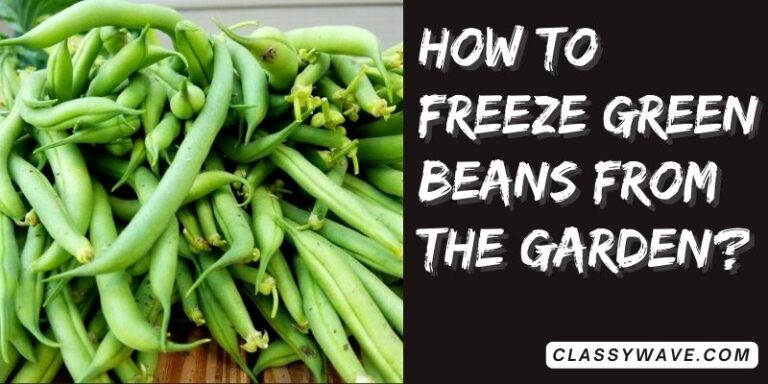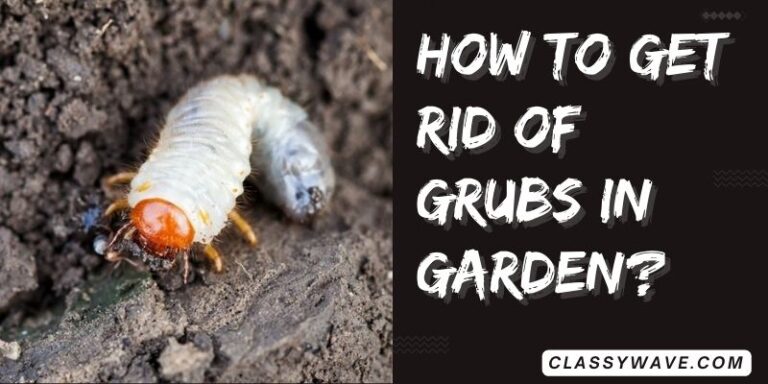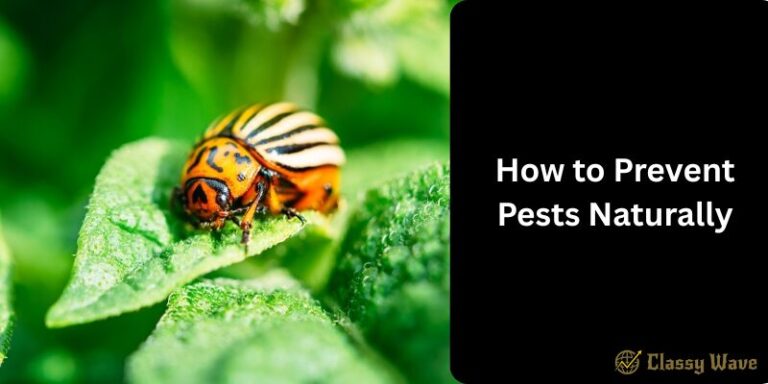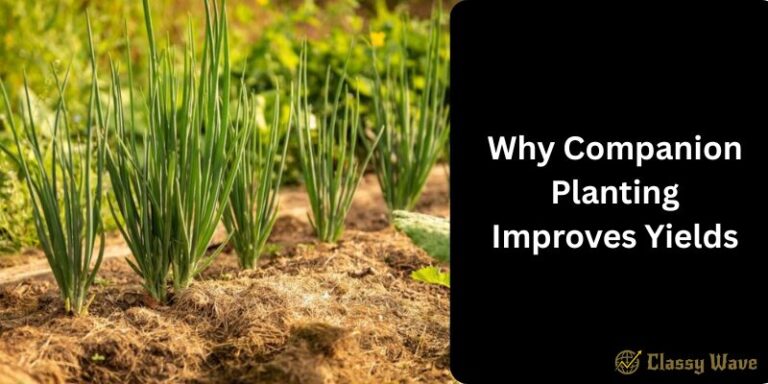Why Composting Is Important for Gardening | Classy Wave
If you’ve ever wondered how to make your garden healthier, greener, and more productive—composting is the answer. Composting is nature’s way of recycling organic matter like food scraps and yard waste into nutrient-rich soil. It’s an eco-friendly practice that improves your garden’s fertility, saves money, and reduces waste. Simply put, composting is the heart of sustainable gardening.
What Is Composting?
Composting is the process of breaking down organic materials—like leaves, grass clippings, fruit peels, and vegetable scraps—into a dark, crumbly substance known as compost. This nutrient-packed soil amendment improves soil structure, enhances plant growth, and reduces the need for chemical fertilizers. It’s nature’s version of recycling!
The Role of Compost in Gardening
Compost acts as a natural fertilizer and soil conditioner. When added to your garden soil, it improves water retention, provides essential nutrients, and encourages healthy root growth. It also enhances the population of beneficial microorganisms that help break down organic matter and support plant health.
Boosts Soil Fertility Naturally
One of the biggest reasons composting is important for gardening is its ability to enrich the soil naturally. Compost provides vital nutrients such as nitrogen, phosphorus, and potassium—key elements for plant growth. Unlike synthetic fertilizers, compost releases these nutrients slowly over time, ensuring plants get a steady, balanced diet.
Improves Soil Structure and Texture
Healthy soil should be crumbly and easy to work with. Compost helps achieve this by improving both clay and sandy soils.
- In clay soil, it loosens compact particles, allowing roots to breathe.
- In sandy soil, it enhances water retention and prevents nutrients from washing away.
This balance creates the perfect environment for roots to thrive.
Enhances Water Retention
Compost-rich soil can hold water more effectively, reducing the need for frequent watering. This is especially beneficial in dry or hot climates. With compost, plants can access moisture for longer periods, making your garden more drought-resistant and sustainable.
Reduces the Need for Chemical Fertilizers
Compost naturally provides the nutrients your plants need, so you can skip expensive chemical fertilizers. Chemical-based products often harm beneficial soil organisms and can lead to soil degradation over time. Compost, on the other hand, builds healthier, more resilient soil that supports long-term growth.
Encourages Beneficial Microorganisms
A good compost pile is teeming with life. It supports beneficial bacteria, fungi, and earthworms that keep your soil healthy and balanced. These tiny helpers break down organic material into nutrients your plants can easily absorb. Think of compost as a “superfood” for your soil’s ecosystem.
Reduces Waste and Protects the Environment
Did you know that nearly 30% of household waste can be composted? By composting kitchen scraps and garden waste, you keep tons of biodegradable material out of landfills. This reduces methane emissions—a harmful greenhouse gas—and contributes to a cleaner environment. Composting is one of the simplest ways to go green at home.
Saves Money
Why spend money on fertilizers and soil conditioners when you can create your own for free? Composting turns everyday waste into valuable soil food. It’s a one-time setup that keeps giving back to your garden year after year, reducing your gardening costs significantly.
Prevents Soil Erosion
Compost helps bind soil particles together, making them less likely to be washed away by rain or wind. This is particularly important for gardens on slopes or in areas prone to heavy rainfall. The improved soil structure also allows better absorption of water, reducing surface runoff.
Balances Soil pH Levels
Compost naturally helps regulate the pH balance of soil. Whether your soil is too acidic or too alkaline, adding compost can help neutralize it, creating a more stable and balanced environment for plants to grow.
Reduces Plant Diseases
Healthy soil means healthy plants. Compost introduces beneficial microbes that fight off harmful bacteria and fungi, reducing the risk of plant diseases like root rot and blight. Gardeners who use compost often notice stronger, more resilient plants.
Provides Long-Term Benefits
Unlike quick-fix fertilizers, compost continues to improve your garden’s health over time. It builds long-lasting fertility, strengthens soil structure, and supports plant growth for seasons to come. Each year you add compost, your soil becomes richer and more productive.
How to Start Composting at Home
Starting a compost pile is simple and requires very little space.
- Choose a Compost Bin or Area: Use a bin, tumbler, or a corner of your yard.
- Add Green Materials: Kitchen scraps like fruit peels, vegetable waste, and coffee grounds.
- Add Brown Materials: Dry leaves, paper, cardboard, and twigs.
- Keep It Moist: The compost pile should feel like a damp sponge.
- Turn Regularly: Mix every 1–2 weeks to provide oxygen and speed up decomposition.
Within a few months, you’ll have nutrient-rich compost ready for your garden.
Tips for Effective Composting
- Avoid adding meat, dairy, or oily foods—they can attract pests.
- Chop large materials into smaller pieces to speed up breakdown.
- Maintain a good balance between “green” and “brown” materials.
- Cover your compost pile to retain heat and moisture.
These simple habits will help you produce high-quality compost efficiently.
Conclusion
Composting is one of the most powerful yet simple ways to nurture your garden and protect the planet. It turns waste into life, strengthens soil, and promotes healthy plant growth—naturally and sustainably. Whether you’re a beginner or an experienced gardener, composting is a must-have practice that rewards both your plants and the environment.

